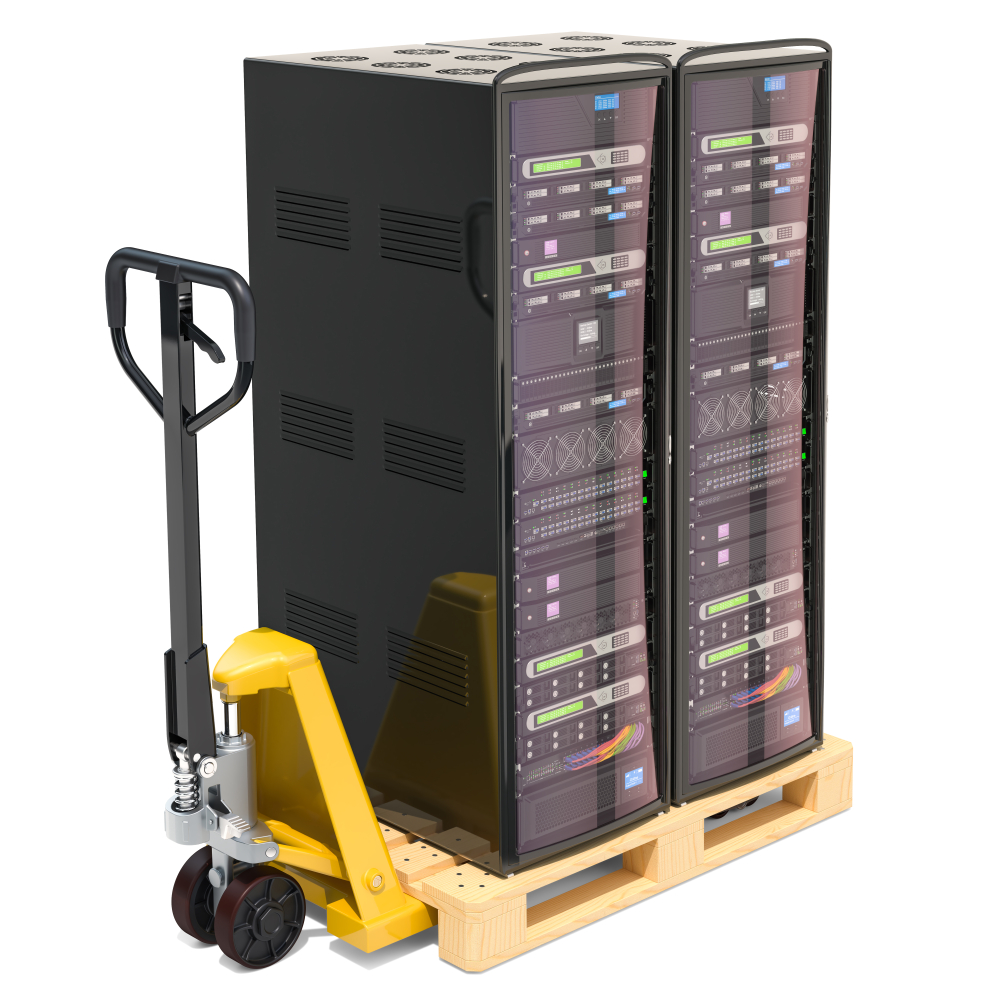
Over the years, data centers have expanded their footprint to meet the ever-growing demand for data storage and access. Many data centers span multiple buildings, with miles of cable and thousands of racks for servers. Effectively and efficiently relocating a data center is a daunting task with numerous factors to consider. But with the right plan in place, the relocation process can be streamlined to make it as simple as possible and reduce downtime.
Infrastructure assessment and relocation plan
The first step to any major relocation project is to initiate an infrastructure assessment. This assessment will provide greater visibility into the current state of the data center infrastructure and associated areas, including:
- Hardware inventory
- Operating systems
- Software licenses
- Policies and procedures
- Network systems
- Security systems
- Dependencies
- Power needs
With this information, you’ll be able to establish a solid relocation plan that not only details the physical components and locations, but also communicates the what, why, how, who, and when of the move. Preparation is key. By focusing on the assessment and planning phase of the relocation project, your team can rest assured there will be far fewer surprises and a decreased risk for equipment damage, lost data, or extended downtime.
Common reasons for stalled relocation projects
Often when data relocations stall, it’s due to poor or incomplete planning of critical variables, such as power, environmental hazards, and expert resources. Power must be accounted for during the planning phase. In 2018, data centers contributed 1% of total global electricity usage. With so much power flowing into data centers, it’s critical that you don’t underestimate power needs, today and into the future.
Environmental hazards, both at the new location and en route to the facility, must be considered during the planning phase. When scouting new locations, questions like flooding concerns, climate, and cooling should be addressed. Travel routes should be carefully planned to avoid unnecessary risk.
Lack of expertise or dedicated time at the various stages of the project also could lead to delays. By leveraging a relocation partner, like USNet, your team will bridge the gap and benefit from a proven process, dedicated resources, and years of experience. A relocation partner can support every phase of the project, ensuring a seamless transition that safeguards your assets.
Moving day
All of the discussions, assessments, and planning have led you here: moving day. Those preparations will provide a solid foundation for a successful relocation. Yet, no matter how well you plan, there could still be some unforeseen challenges. That’s why it helps to have a relocation partner on your side to handle the details, including any challenges that arise.
For example, data center hardware is notoriously sensitive and prone to damage. It’s important to consider how the equipment will be packed, tracked, shipped, and temperature-controlled during the move. Additionally, security during packing, loading, transit, and unloading is critical to ensure data and equipment remain safe and secure during the relocation.
Also, be sure to remember your Backup Triad:
- Backup data: Your servers are about to go offline for the duration of the move. Make sure the IT team has several backups of all necessary data.
- Backup power: The new location needs to have contingencies in place should something go wrong with the primary power source. Backup generators can keep servers operational in the event of a power outage.
- Backup plan: If something goes wrong during the relocation, what is Plan B? Do you need to shift the relocation activities to another day? Or simply take an alternative route? Either way, prepare for it.
After the equipment has been set up and plugged in at the new location, it’s time to test to ensure everything is operational and systems are functioning properly. Be prepared to troubleshoot issues that may arise during the testing phase.
Data center relocation is complex, but a refined process — with the support of an experienced relocation partner — increases a company’s odds of successful, efficient relocation.

Recent Comments